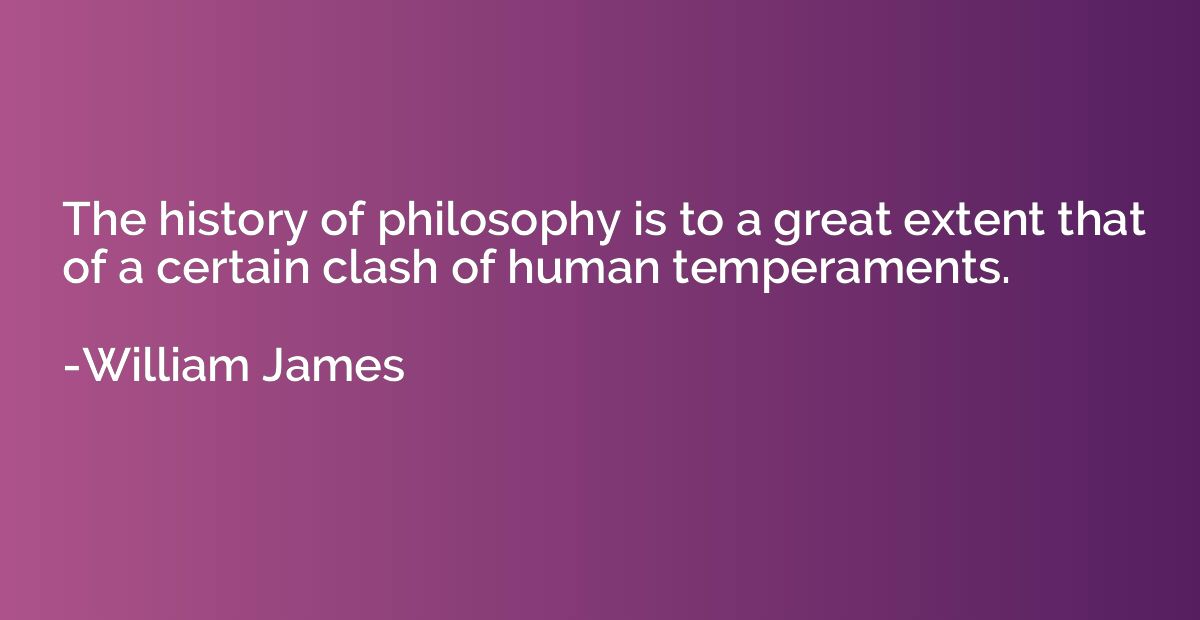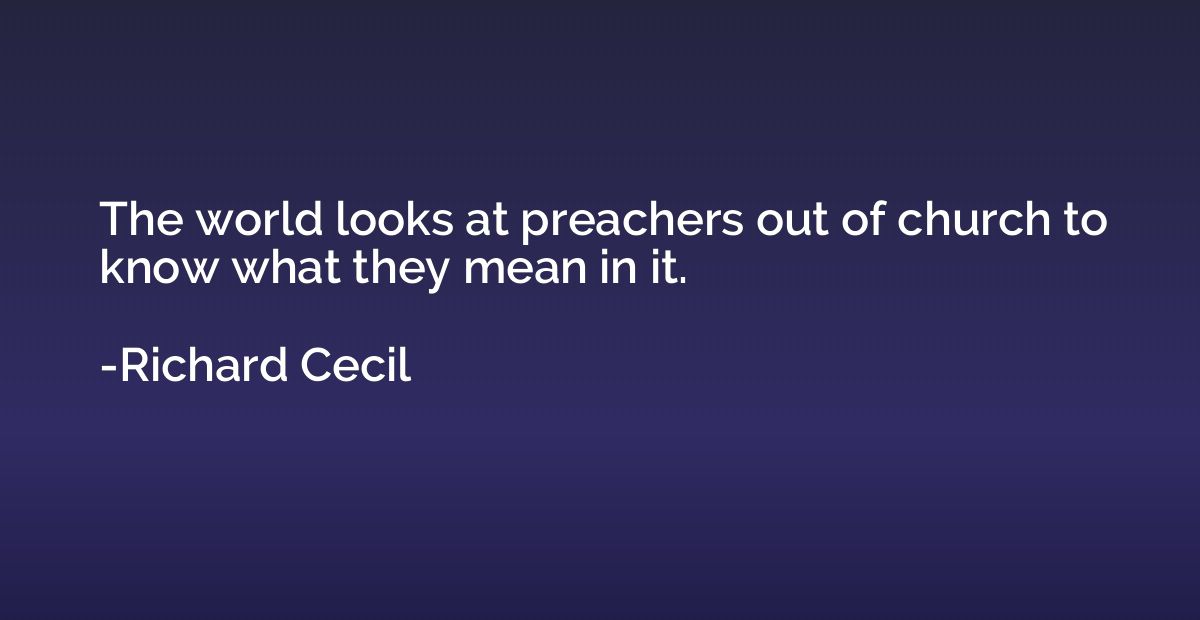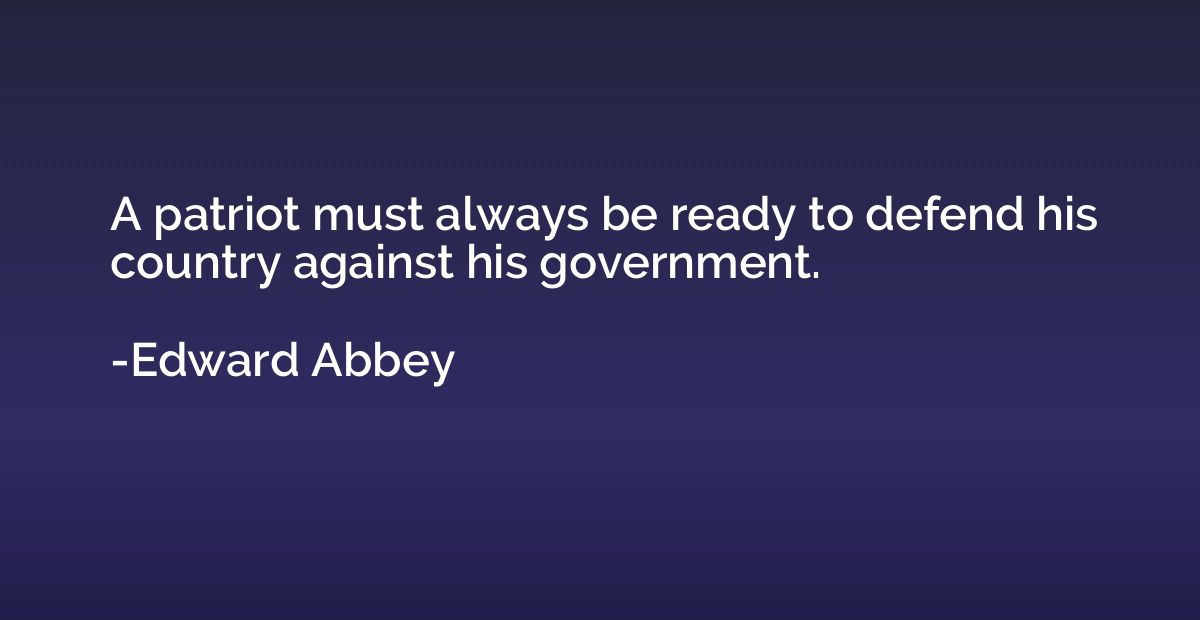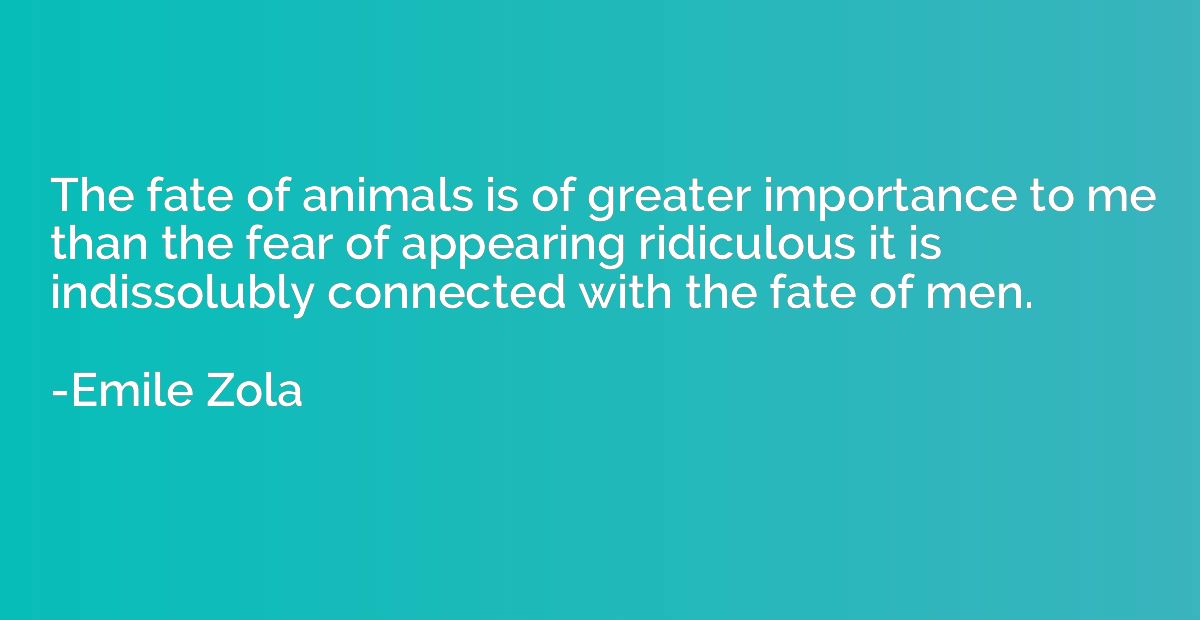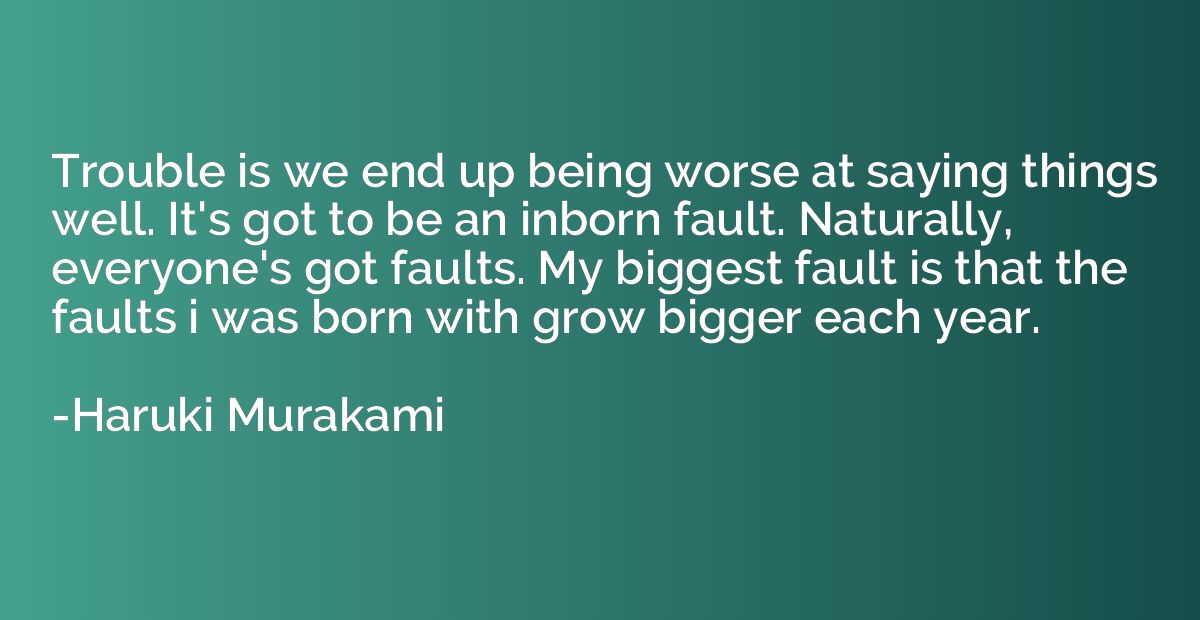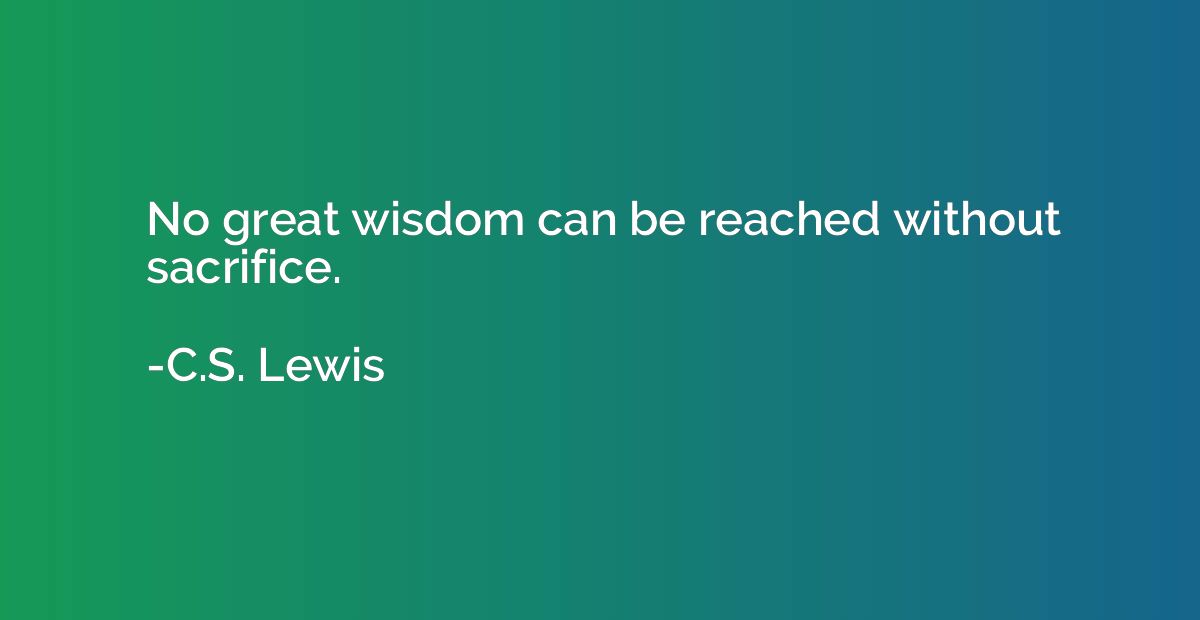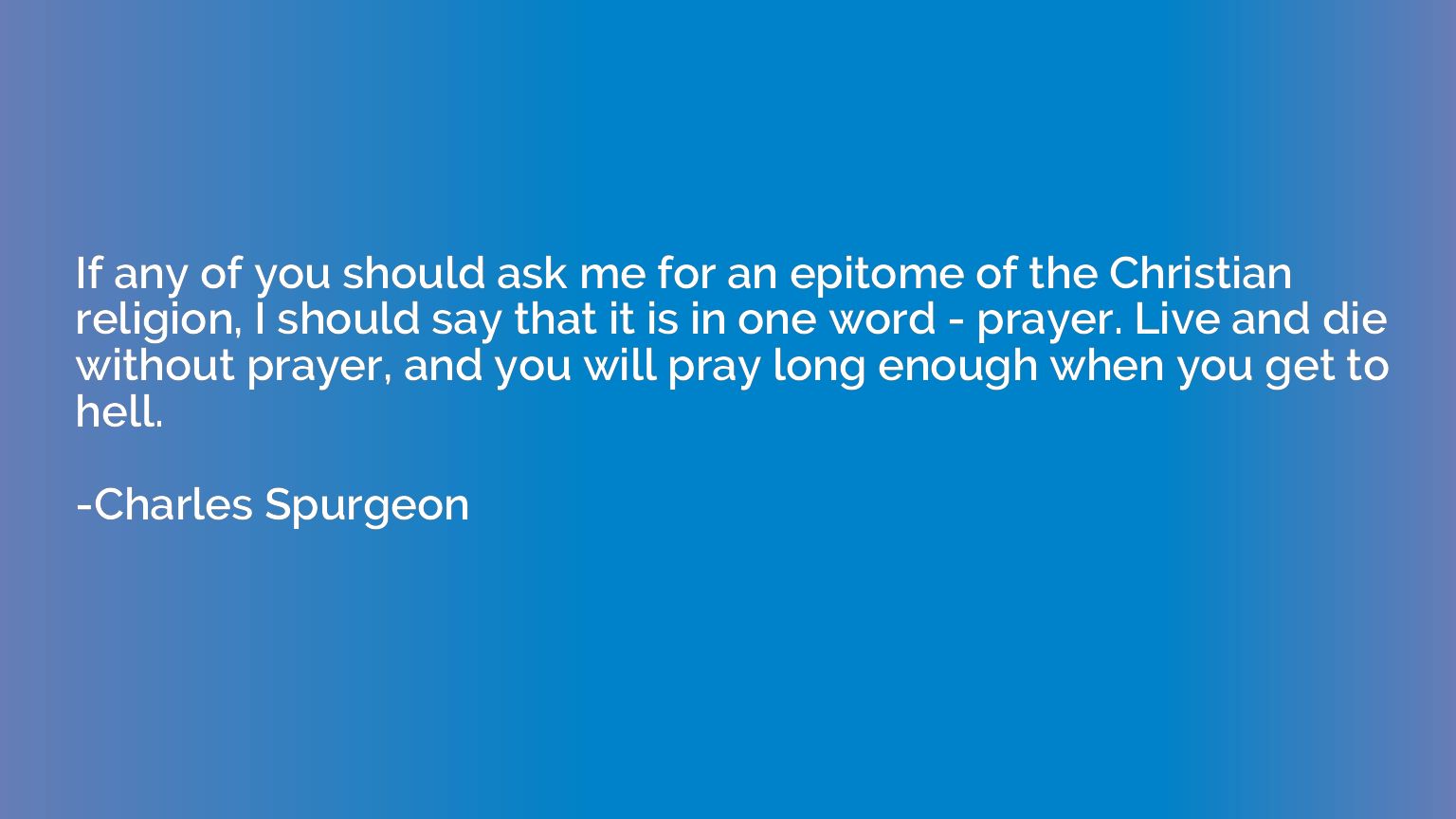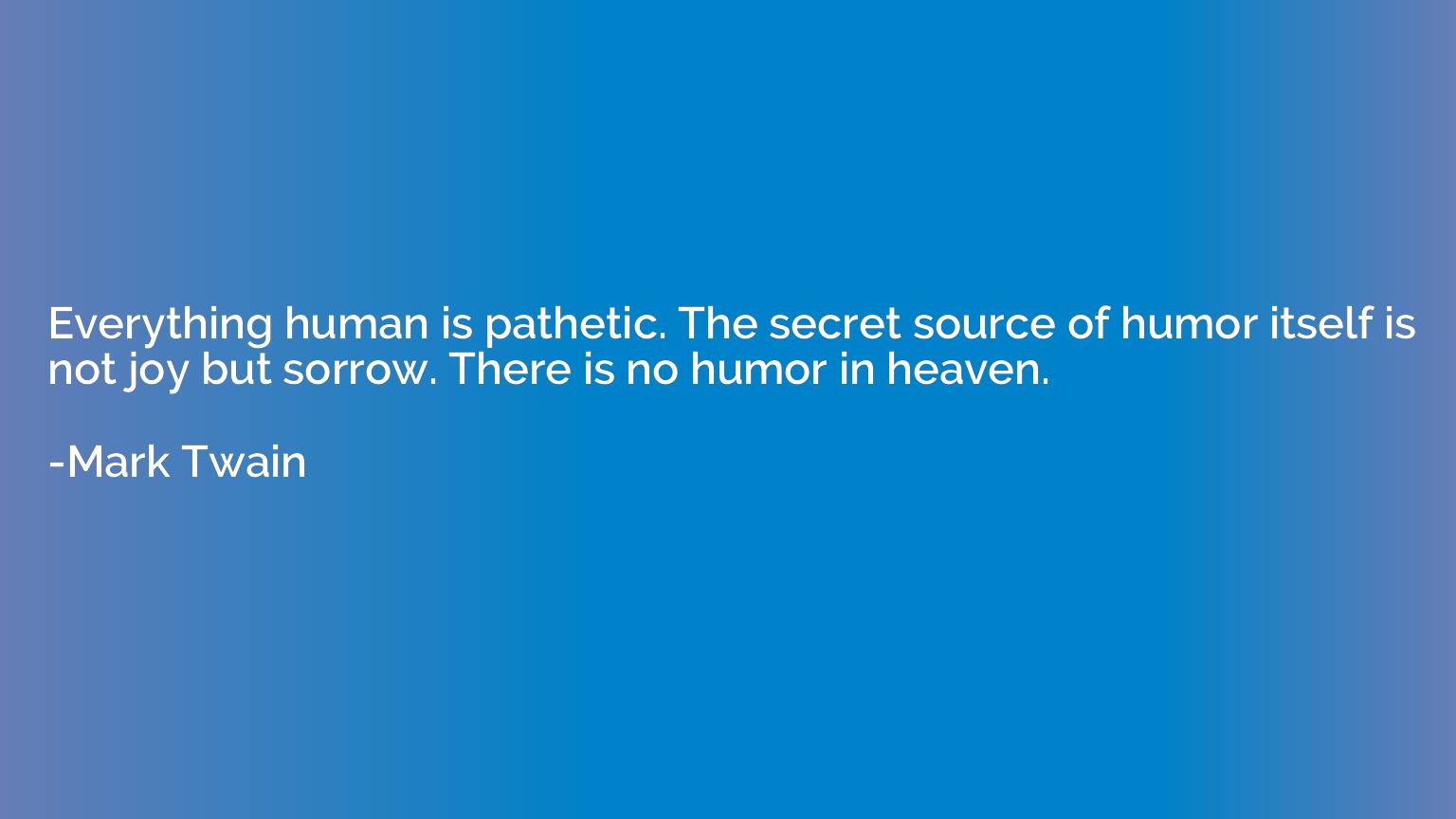Quote by Rollo May
Human freedom involves our capacity to pause, to choose the one response toward which we wish to throw our weight.
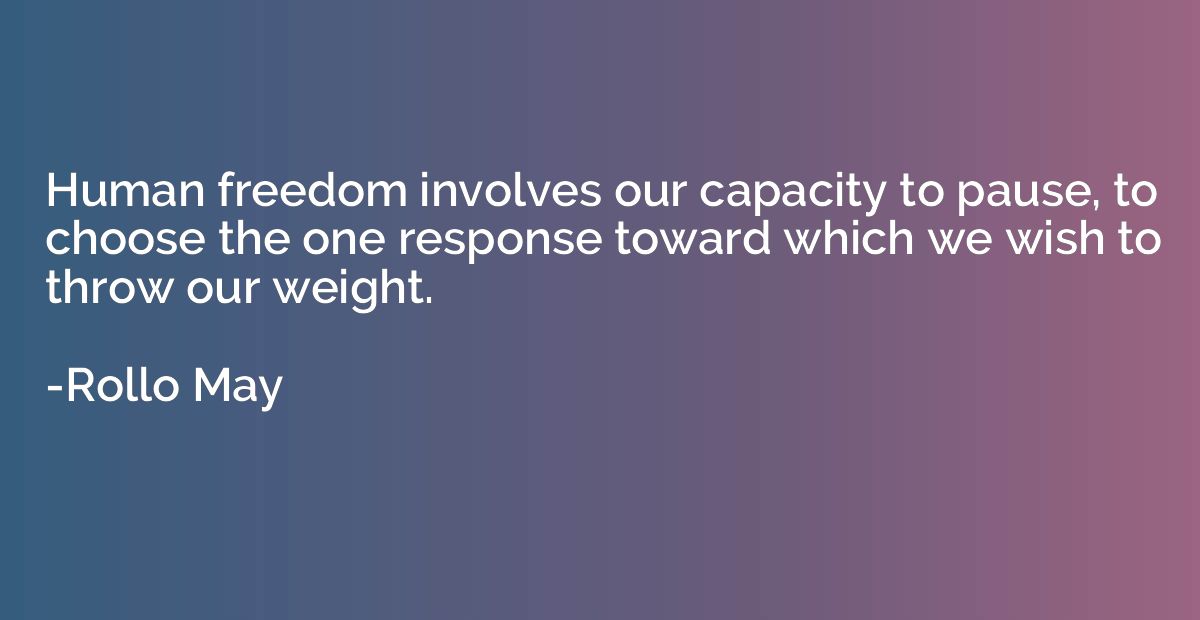
Summary
This quote suggests that human freedom is not only about the ability to make choices but also about the power to deliberately pause and decide on the most important response we want to devote ourselves to. It implies that true freedom is not found in constant impulsiveness or scattered efforts, but in a conscientious and deliberate application of our energy towards a chosen course of action. This quote emphasizes the significance of thoughtful decision-making and the importance of directing our focus and efforts towards achieving our desired goals.
Topics
Freedom
By Rollo May



